
Édouard Daladier was a French Radical-Socialist (centre-left) politician, and the Prime Minister of France who signed the Munich Agreement before the outbreak of World War II.
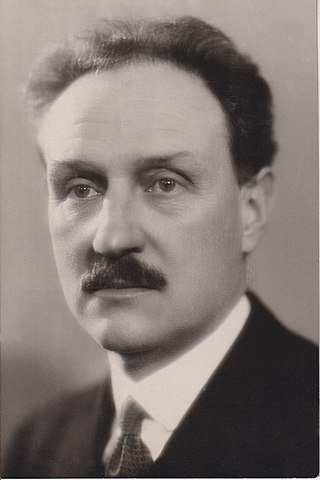
Camille Chautemps was a French Radical politician of the Third Republic, three times President of the Council of Ministers.

Albert-Pierre Sarraut was a French Radical politician, twice Prime Minister during the Third Republic.
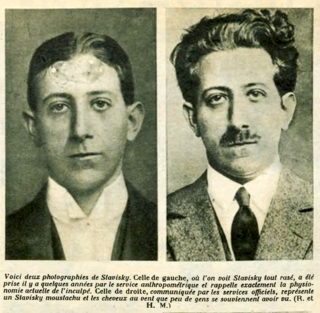
The Stavisky affair was a financial scandal in France in 1934, involving embezzler Alexandre Stavisky. The scandal had political ramifications for the Radical-Socialist government after it was revealed that Prime Minister Camille Chautemps had protected Stavisky, who died suddenly in mysterious circumstances.

The 6 February 1934 crisis was an anti-parliamentarist street demonstration in Paris organized by multiple far-rightist leagues that culminated in a riot on the Place de la Concorde, near the building used for the French National Assembly. The police shot and killed 17 people, nine of whom were far-right protesters. It was one of the major political crises during the Third Republic (1870–1940). Leftist Frenchmen claimed it was an attempt to organize a fascist coup d'état. According to historian Joel Colton, "The consensus among scholars is that there was no concerted or unified design to seize power and that the leagues lacked the coherence, unity, or leadership to accomplish such an end."
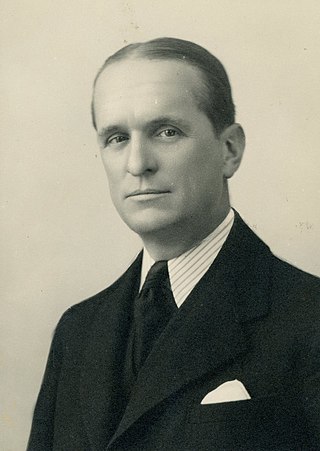
François de La Rocque was the leader of the French right-wing league the Croix de Feu from 1930 to 1936 before he formed the more moderate nationalist French Social Party (1936–1940), which has been described by several historians, such as René Rémond and Michel Winock, as a precursor of Gaullism.
The far-right leagues were several French far-right movements opposed to parliamentarism, which mainly dedicated themselves to military parades, street brawls, demonstrations and riots. The term ligue was often used in the 1930s to distinguish these political movements from parliamentary parties. After having appeared first at the end of the 19th century, during the Dreyfus affair, they became common in the 1920s and 1930s, and famously participated in the 6 February 1934 crisis and riots which overthrew the second Cartel des gauches, i.e. the center-left coalition government led by Édouard Daladier.
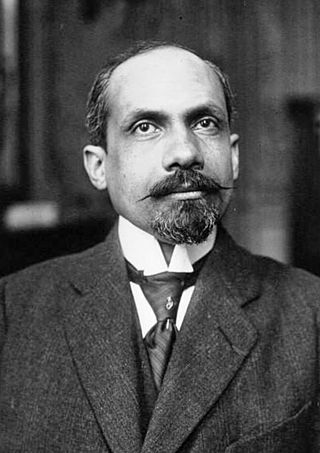
Henry Lémery was a politician from Martinique who served in the French National Assembly from 1914–1919 and the French Senate from 1920–1941. Lémery was briefly Minister of Justice in 1934. During World War II (1939–45) he was Colonial Secretary in the Vichy government for three months in 1940 before being dismissed.
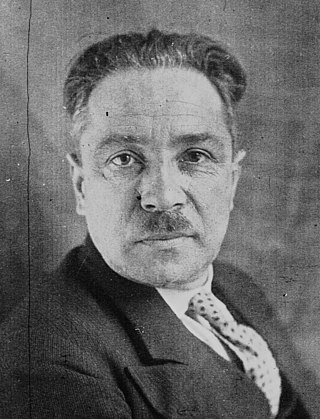
Albert Rivière was a French tailor and moderate socialist politician. He was Minister of Pensions between 1936 and 1940, and was briefly Minister of Colonies in 1940.

Louis Marie Joseph Etienne Rollin was a French politician who was a minister in several cabinets in the period between the two world wars.

Léon Jean Martinaud-Déplat was a French lawyer and Radical politician who was a deputy in 1932–36 and in 1951–56. He was Minister of Justice in 1952–53 and then Minister of the Interior in 1953–54. He was violently anti-communist, and was opposed to granting autonomy or independence of the North African colonies. His hard-line views caused him to be expelled from his party in 1955, and he failed to be reelected the next year.

Marc Émile Rucart was a French journalist and Radical politician who was a deputy from 1928 to 1942. He alternated between the posts of Minister of Justice and Minister of Health from 1936 to 1940. Although he was not pro-feminist he introduced changes that gave greater opportunity to women. He was anti-racist, and after the initial defeat of France in World War II he did not support the Vichy government, but participated in the National Council of the Resistance and then in the first Provisional Consultative Assembly . After the war he was a senator from 1947 to 1958.
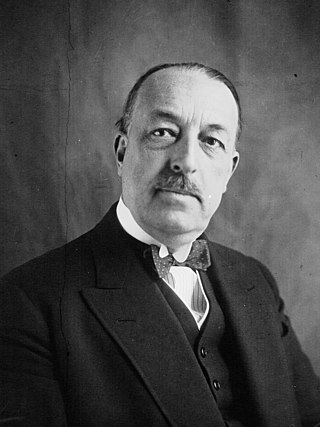
Léon Jean Jacques Baréty was a French politician who was briefly Minister of Industry and Commerce in 1940.

Charles Léon Claude Daniélou was a French politician who was Minister of the Merchant Marine in 1930–1931 and Minister of Health in 1932–1933).

Émile Lisbonne was a French lawyer and Radical politician. He was briefly Minister of Health in 1933, and again for a few days in 1934.

Albert Marc Chichery was a French politician who was briefly Minister of Commerce and Industry, then Minister of Agriculture and Food Supply, in June–July 1940.
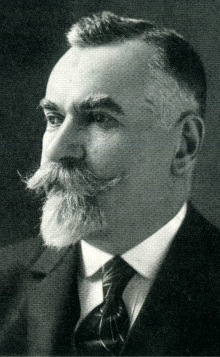
Jean Jacques Raynaldy, mainly known as Eugène Raynaldy, was a French politician who was a deputy from 1919 to 1928 and a senator from 1930 to 1938. He was Minister of Commerce and Industry in 1924–25 and Minister of Justice in 1933–34.
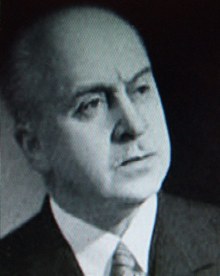
Jean Marie Albin Édouard Valadier was a French lawyer, administrator and politician who was senator from 1928 to 1945, and was briefly Minister of Labor and Social Security in 1934.

Henri Roy was a French politician who was deputy for Loiret from 1906 to 1919 and senator for Loiret from 1920 to 1941. He was Minister of Public Works in 1934–35 and was briefly Minister of the Interior in 1940.
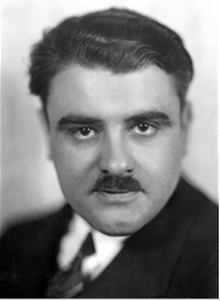
Max Bonnafous was a French sociologist who was Minister of Agriculture and Supplies from 1942 to 1944 in the Vichy government.
This page is based on this
Wikipedia article Text is available under the
CC BY-SA 4.0 license; additional terms may apply.
Images, videos and audio are available under their respective licenses.



















